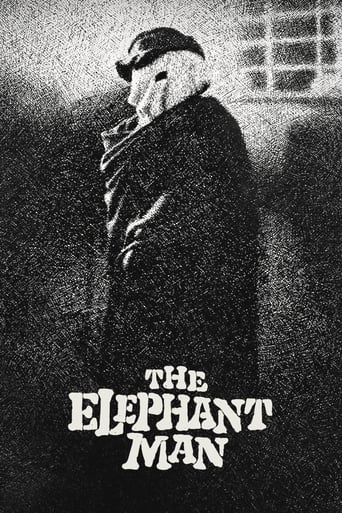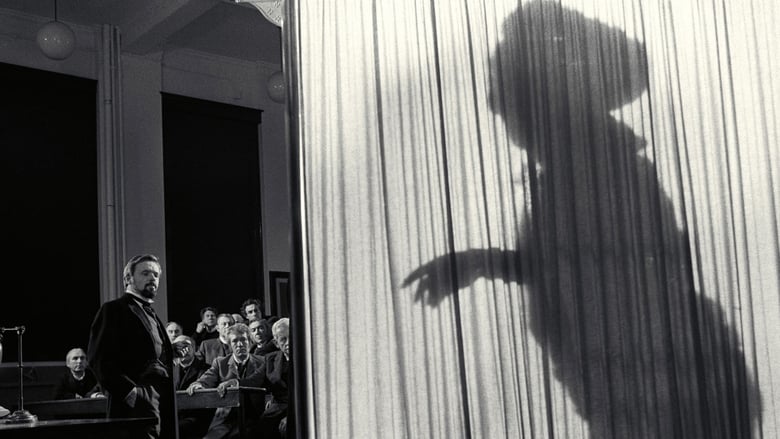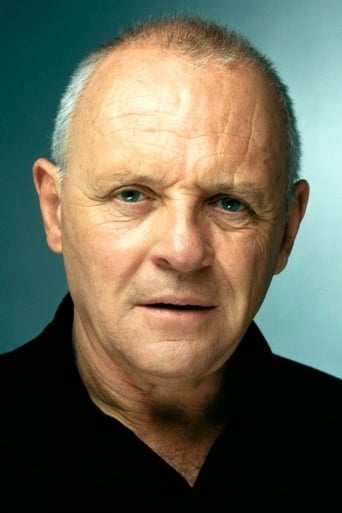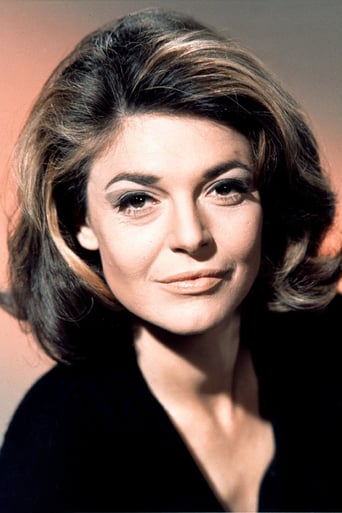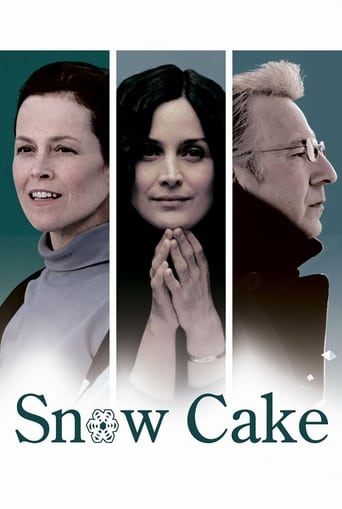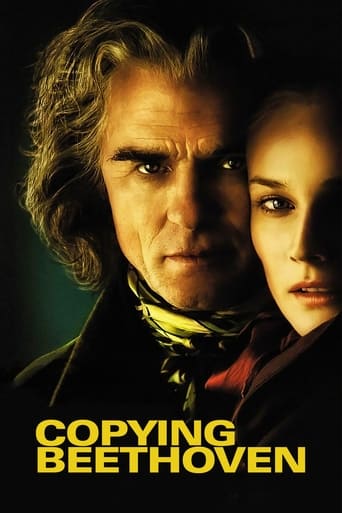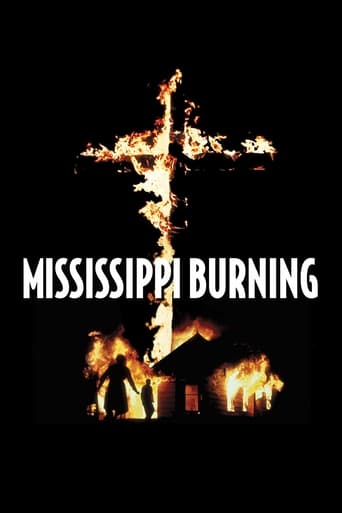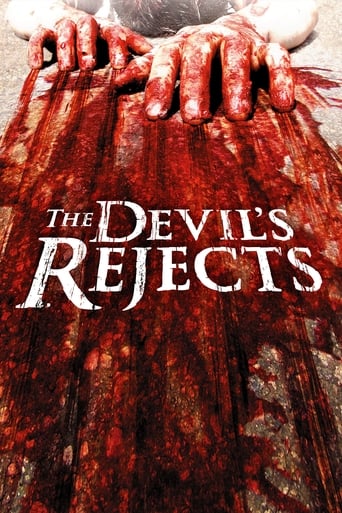The Elephant Man (1980)
A Victorian surgeon rescues a heavily disfigured man being mistreated by his "owner" as a side-show freak. Behind his monstrous façade, there is revealed a person of great intelligence and sensitivity. Based on the true story of Joseph Merrick (called John Merrick in the film), a severely deformed man in 19th century London.
Watch Trailer
Cast
Similar titles
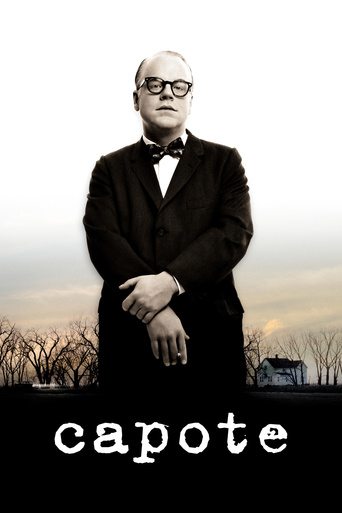
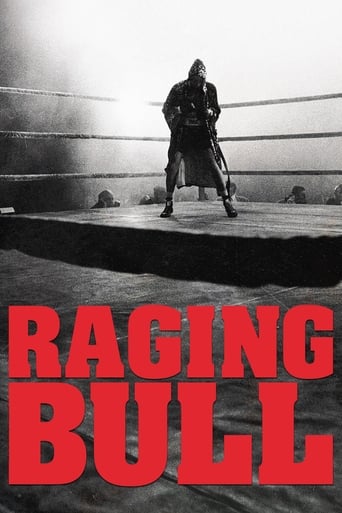
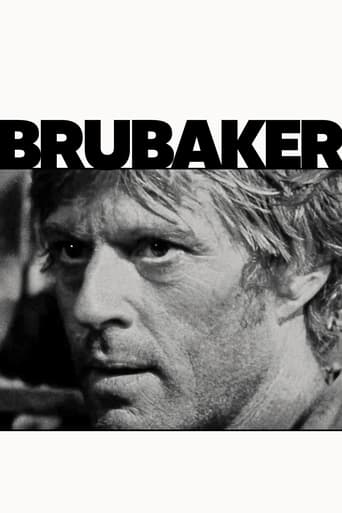
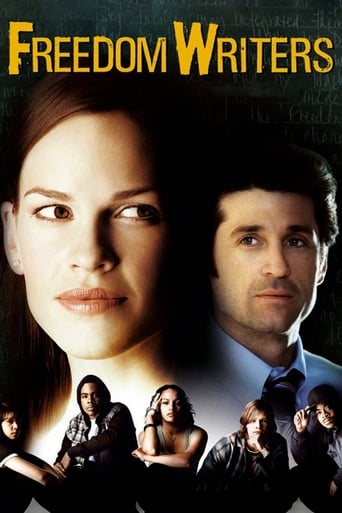

Reviews
One of my all time favorites.
Nice effects though.
Don't Believe the Hype
A terrific literary drama and character piece that shows how the process of creating art can be seen differently by those doing it and those looking at it from the outside.
The movie "The Elephant Man" is one of David Lynch's first experiences and one of his classic works. This is a form of admiration. Fine, fancy and thoughtful framing.The film process is slow, but the slowdown is accurate and accurate.The actors have all come out well and everything is in place. The content of the screenplay is also very nice. He speaks of isolation that exists in all people. An elephant man in all of us humans.
Even before I realized that David Lynch directed this film and was specifically in charge of its sound design, I immediately recognized his trademark background effects, which reminded me of the constant drone of old industrial machinery, from "Eraserhead", which he had directed three years earlier. Although my unfavorable review of the earlier film has received a mostly "useless" response from IMDb readers, I am not here to win any popularity contests, and that review stands exactly as is. To this day, thanks to "Eraserhead", a film I admittedly couldn't understand or appreciate, I can't look at a roasted chicken in a supermarket without wanting to throw up. Perhaps this was Mr. Lynch's deliberate intention. At any rate, what a difference three years makes as my reaction to this film was totally the opposite. That producer Mel Brooks had the vision to select Lynch as the director here was a stroke of genius. Brooks could see what I could not. That explains his success and my sitting here at a keyboard as a washed-up old geezer passing judgment on the actual, creative achievements of others. Although the subject matter and atmosphere of this film is as bleak as that of "Eraserhead", the visual depiction of Victorian England and the impact of the industrial revolution on the nation as a backdrop was fascinating, as was the unique and compelling story. While the true story of the real Joseph Merrick was fictionalized for the film, I had no problem viewing it as a work of fiction that was based on factual circumstances. It wasn't the first, won't be the last, and no one pretended otherwise.At one point, Dr. Treves (Anthony Hopkins), Merrick's physician, asks his wife, "Am I good man or a bad man?" This is one of the key questions of the film. Once he "discovered" Merrick and began medically treating him, was Treves more interested in the well-being of his extraordinary patient or in his own professional or social standing. If his priority was on himself, how were his motivations different from those of evil Bytes, Merrick's original captor, even if Treves did treat Merrick far more kindly and introduced him to British royalty and high society along the way? While Treves found comfortable shelter for his patient at the hospital, what good was that accommodation when he could not guarantee Merrick's safety from the torment of the night watchman and eventually of the very real threat by Bytes himself. It was almost as if Treves set Merrick up for disaster by failing to protect him from the terrible sequence of events that followed Merrick's admission to the hospital. In answer to Treves' question, I would say that the jury is still out, Doc. I'm just not sure about you or your motivations, dude.The cast was high caliber, but I felt that Hopkins and Bancroft, one of the most talented and versatile actresses of her time, were wasted in their muted roles, preventing them from demonstrating their true potential. John Gielgud and Wendy Hiller, two very experienced veterans, were excellent. Although the Oscars don't sway me one way or another, I will have to view "Raging Bull" again to understand how John Hurt lost out to DeNiro in the category of Best Actor. My memory is shot.This is a film that very effectively illustrates just how cruel humans can be to each other and how even the best intentions can result in disastrous consequences. While humans did not create John Merrick's horrible condition and while some acts of kindness at least partially compensated for overwhelming meanness and selfishness, he deserved much more compassion from us. Now let us go outside and practice in real life what we have learned today. Be kind.
Movie based on the life of John Merrick (John Hurt). He was a hideously disfigured man in a freak show treated like a dog. A kind doctor named Frederick Treves (Anthony Hopkins) sees him. He wants to teach him how to talk and behave and be accepted by society.David Lynch's second film as a director and it's incredible. It's easily his most accessible film and along with cinematographer Freddie Francis presents us with a gritty and grimy Victorian England. It was shot in black and white which fits the story perfectly. Hurt is wonderful in the title role. He was buried under tons of makeup but he still manages to convey what he's feeling. John Gielgud, Wendy Hiller and Anne Bancroft are wonderful in supporting roles. Only Hopkins was bad in his role.Nominated for eight Academy Awards and it got none. A great film that is rarely shown these days. I give it a 10.
This is my first David Lynch movie and after watching it I have to say that it is one of the most beautiful movies I have seen. The movie follows the story of a heavily disfigured man named John Merrick, who, managed by his proprietor Bytes, goes from carnival to carnival as a special attraction whom people would pay good money to see. Finally he gets the attention of medical surgeon and professor Frederick Treves(Anthony Hopkins), who takes an interest in him as an interesting medical case that he could examine to gather knowledge. Treves ends up moving John into a hospital freeing him from the clutches of the abusive Bytes. From here the story follows how John's life begin transforming as he comes in contact of more and more people and people come to know that there is more to this ugly freak of nature than meets the eye. The setting of the movie is hauntingly beautiful. Most of the scenes are very dark and grainy that adds to the storytelling with an apt soundtrack. The shots of the carnival, where john is with other disfigured people are very dark and have a negative vibe to it. The make up on John is surprisingly well done, so that you wouldn't have a hard time believing the reactions of the people seeing him for the first time. The story is at all times believable and never goes over the top. I personally found the story incredibly sad and was brought to tears at many points. The direction seemed flawless. In fact, after watching this I am going to look for other works by the director.At the core, Elephant Man is in many ways symbolic to actual life. It points out how being ugly is almost considered a crime in today's society and how everything and everyone is taken at face value. You can't be the strong and silent type if you are not good looking, then you are just a loner. It shows how people need to pity and laugh at other people in order to feel happy and to feel secure themselves. This movie shows the true and unchanging nature of human mind. It shows how all individuals who are part of the society are the same in one way or other. Treves rescues John from the carnival just to put him on display in a bigger one. In that essence he is no different than Bytes. In fact every person shown in the film had something to gain from the freak and in that way they are all the same. The only exceptions are the poor disfigured people of the carnival. What they did for John was out of pure compassion and not for any personal gain. The movie makes it abundantly clear again and again that no matter how they tried, those freaks can never REALLY be a part of our society. This is the question the movie presents. Are they the ones who are the freaks, or are we?
